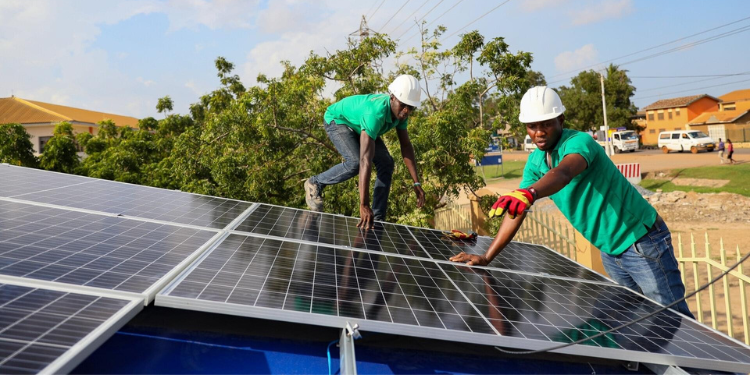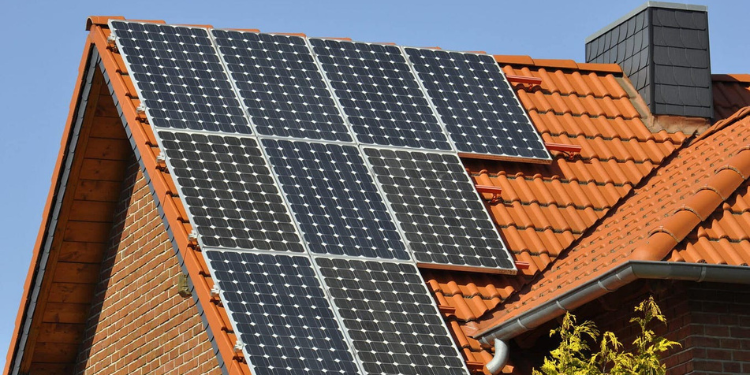The Kenya Electricity Generating Company PLC (KenGen) has unveiled its first-ever Battery Energy Storage System (BESS) to power its modular data centre in Nairobi.
The new system marks a significant step in Kenya’s transition to a low-carbon future and reinforces KenGen’s commitment to reliable, renewable energy.
BESS Battery
Installed at KenGen’s head offices, the 1.16 megawatt-hour (MWh) BESS will serve the 52-kilowatt Modular Data Centre (MDC), a 356 U-space digital facility.
The system is engineered to ensure a stable electricity supply, even during grid instabilities, thus enhancing energy resilience and digital reliability.
The initiative forms part of KenGen’s “Good to Great (G2G) 2034” strategic blueprint, which aims to roll out 500MWh of energy storage capacity over the next decade.
“This commissioning marks a crucial step in our journey toward a low-carbon, digitally resilient future,” said Eng. Peter Njenga, KenGen’s Managing Director and CEO during the ceremony at the company’s Nairobi headquarters.
“By integrating battery storage into our operations, we are not only enhancing our renewable energy utilization but also contributing to Kenya’s sustainable and innovative growth.”
Also Read: Tanzania Bans Kenyans from Running Select Businesses (FULL LIST)
KenGen has also integrated IoT technologies into its geothermal plants to improve predictive maintenance and operational efficiency.
Digital transformation by KenGen
The MDC and accompanying storage system represent a shift in how energy producers support the country’s digital transformation and energy security.
KenGen will use the facility to provide reliable power for critical IT services while freeing up more bandwidth for use by other sectors.
KenGen executives stated that the BESS offers multiple advantages, including improved grid stability, enhanced energy cost efficiencies, and seamless backup capabilities.
“This initiative is more than a technological upgrade,” Eng. Njenga added. “It is a commitment to Kenya’s green future.”
As Kenya accelerates the shift to clean energy solutions, KenGen’s investment in battery storage cements its leadership in digital energy innovation across the continent.
Kenya’s Renewable Energy Push
Kenya has made remarkable progress in its transition to clean energy:
- 90% of electricity now comes from renewables, up from 50% in 2000.
- Geothermal energy leads the mix, contributing 45%, followed by hydro (19%), solar (17%), and wind (3%).
- The Lake Turkana Wind Power Project supplies about 15% of national electricity needs.
The government’s Energy Act of 2019 and the Least Cost Power Development Plan (2021–2030) provide a strong policy foundation for this transition.
Kenya is deploying smart grid systems that enable two-way communication between utilities and consumers.
These systems, monitor and predict electricity demand in real time, automatically reroute power during outages and also use smart meters to track hourly consumption, improving billing accuracy and reducing fraud.
Companies like Huawei are introducing AI-powered energy management systems and IoT sensors to optimize grid performance, predict equipment failures and enhance rural electrification through intelligent load balancing.
Challenges Kenya faces
Kenya’s national grid suffers from frequent blackouts and technical faults, like the major blackouts in 2024 that affected millions, exposing the fragility of the transmission and distribution systems.
Also Read: Details of Dstv and Gotv Parent Company’s Acquisition by French Giant
This outdated infrastructure struggles to support the integration of advanced digital technologies like smart grids and AI.
Digital energy solutions, such as Battery Energy Storage Systems (BESS), smart meters, and AI platforms, require significant capital investment.
Kenya’s energy sector needs an estimated Ksh77.4 trillion in capital by 2050 to meet its Net Zero goals.
There is also a shortage of trained professionals in areas like solar installation, AI systems, and smart grid management.
Despite having over 2,000 trained solar technicians, the demand for skilled labour far exceeds supply, which limits the scalability and maintenance of digital energy systems.
Kenya Power reports energy losses of up to 23%, largely due to technical inefficiencies, electricity theft, and billing inaccuracies, losses that undermine the financial ability of utilities and reduce trust in digital metering systems.
As energy systems become more digitized, they become more vulnerable to cyberattacks.
KenGen and other institutions have acknowledged the need to strengthen cybersecurity for critical infrastructure.
Follow our WhatsApp Channel and X Account for real-time news updates.
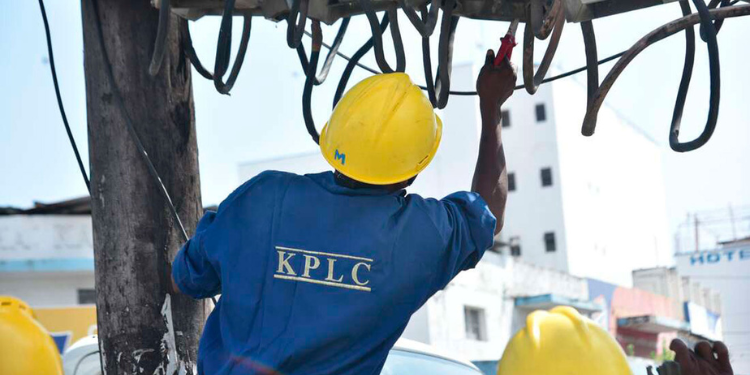




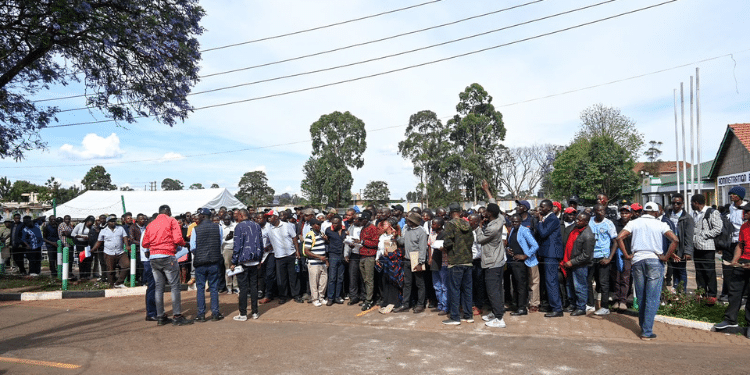



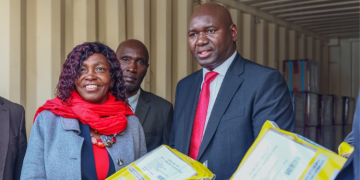












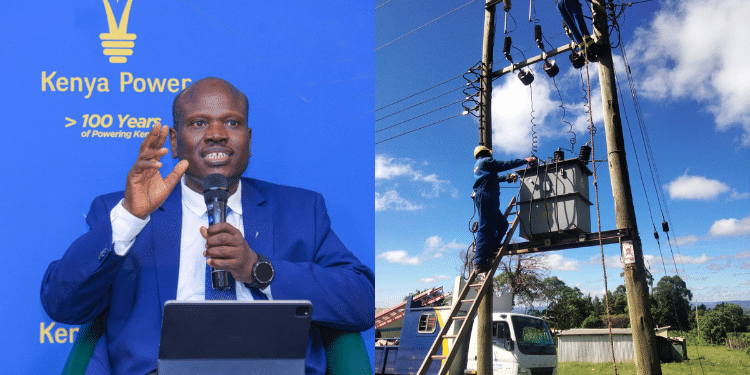





























![Senator Allan Chesang And Chanelle Kittony Wed In A Colourful Ceremony [Photos] Trans Nzoia Senator Allan Chesang With Channelle Kittony/Oscar Sudi]( https://thekenyatimescdn-ese7d3e7ghdnbfa9.z01.azurefd.net/prodimages/uploads/2025/11/Trans-Nzoia-Senator-Allan-Chesang-with-Channelle-KittonyOscar-Sudi-360x180.png)
























